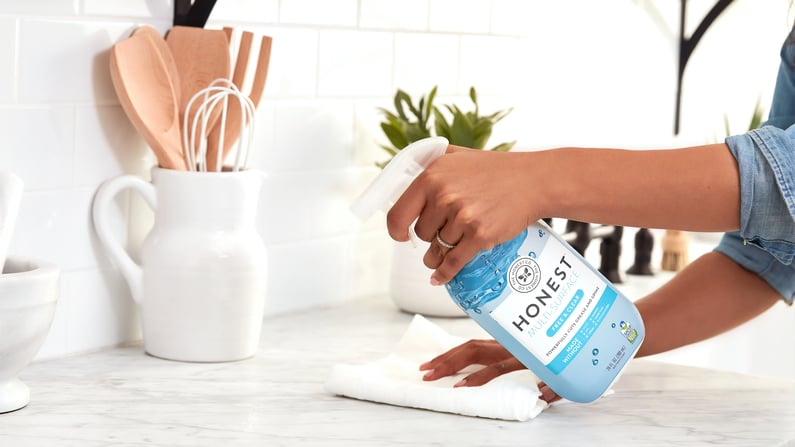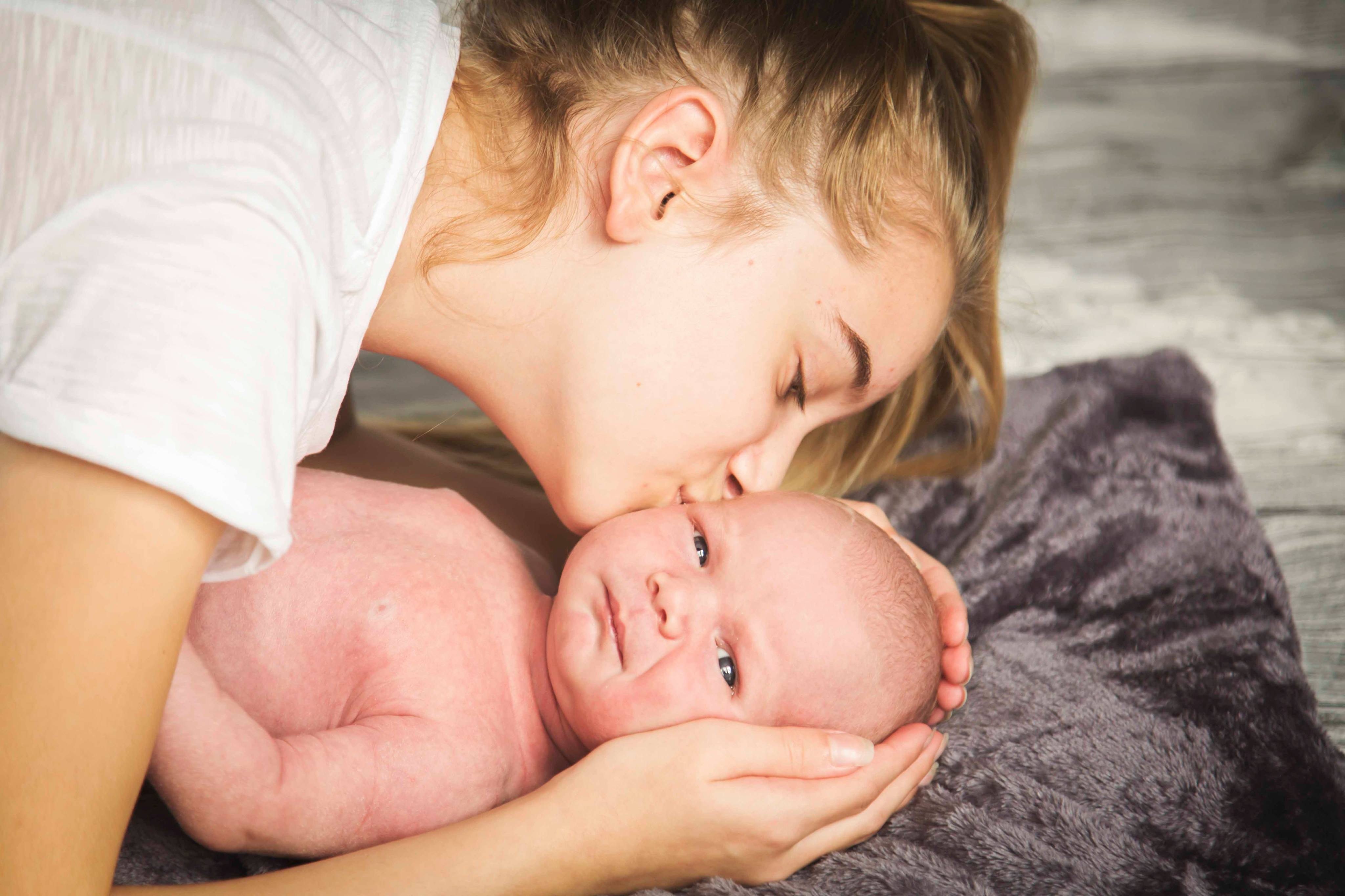.webp?width=711&height=474&name=Untitled%20design%20(53).webp)
Having an emergency kit is important. So, what can you do to be prepared and stay safe during the coronavirus pandemic?
It can be challenging to stay on top of the latest reports and recommendations when it comes to being prepared for the unknown. Schools are closing and might be going virtual, companies are setting up employees to work from home, and worship services are being canceled or going online.
President Trump has announced travel restrictions, and it may be wise to postpone your travel plans if at all possible. The Center for Disease Control is still reporting the risk of being exposed to COVID-19 as low in the U.S., yet we should check their website periodically for the latest updates.

What if I show symptoms?
If there is an outbreak in your community, there are steps to be implemented.
- Stay home and call your physician if you have a fever, cough, or shortness of breath. Some patients have experienced additional symptoms:
- Runny nose
- Sore throat
- Aches and pains
- Emergency warning signs of COVID-19 that you should seek immediate medical attention for:
- Difficulty breathing.
- Persistent chest pain or pressure.
- Sudden confusion.
- Bluish lips or face.
- If you have symptoms, try to stay in one room of your home.
- Sanitize and disinfect your house.
- Notify your workplace and/or school after your diagnosis is confirmed.
Let’s explore the differences between quarantine, isolation, and social distancing.
Quarantine - When a person is well and chooses to self-quarantine they will completely separate from others for a recommended 14-day period. This could be because they have come in contact with an infected person. Quarantine can also be practiced by individuals who are at high risk, such as older adults, or people with serious medical conditions, as well as those who have recently traveled from another country.
Isolation - Isolation is a health care term applied when someone is confirmed to have the illness, or has symptoms related to the coronavirus. This helps prevent the spread of COVID-19. Isolation could happen at home or at the hospital, depending on the severity of the symptoms and on the person’s general health.
Social Distancing - This is simply increasing the space between people and distancing yourself from close interactions while in group settings, such as sporting events, conferences, schools, and other gatherings of 10 or more. In the event you are around others, avoid shaking hands, hugging, and stay a few feet away from people—the recommendation is at least six feet.
Hoarding vs. Preparing
The key here is not to panic. Hoarding is taking more than you will ever need. Preparing is assessing your family size and having enough to last you two, three, or even four weeks.
Ready.gov has a list of items that might be useful to you. Make sure to fill those prescriptions, have cleaning supplies, water, canned food, and snacks. To see a list of COVID-19-fighting products check out this PDF prepared by the American Chemistry Council.
Check your schedule for the next month and reset non-urgent appointments.
Build Community
If you haven’t done so already, now is a great time to exchange phone numbers with your neighbors. We have all seen how crisis situations can bring people together. When a disaster or potential disaster is imminent, it can cause you to pause and think about what’s really important and that’s caring for one another.
If you have elderly neighbors or friends, it’s important to check on them to see if they have any needs you may be able to assist them with. You may be surprised to find out you have a neighbor who is an EMT, or maybe a new mother who hasn’t been able to get baby supplies.
Whatever the need may be, we need each other. There are some apps like Nextdoor which is a great way to get to know your neighbors and find out about things specific to your neighborhood.

“Happiness is a quality of the soul,
not a function of one’s material circumstances.”
– Aristotle
Remember, no need to panic—be prepared! Watch or read the local news to remain informed. Stay calm, think positive, and stay in touch with your loved ones and neighbors often.

